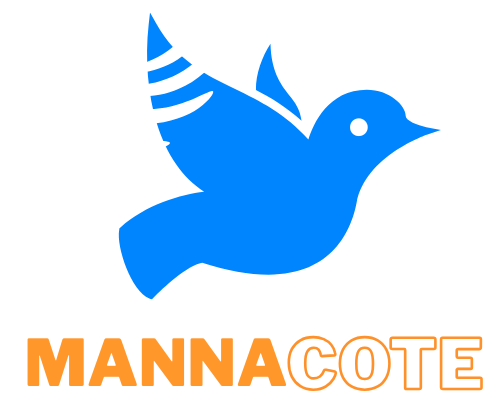Jememôtre: A Comprehensive Exploration
Introduction
Jememôtre is a fascinating and enigmatic concept that has captured the curiosity of linguists, philosophers, and cultural theorists alike. Though its origins and precise meaning remain somewhat obscure, it appears to be a term that blends elements of memory, identity, and self-reflection. This article delves into the possible meanings of Jeme môtre, its linguistic roots, philosophical implications, and cultural significance.
Etymology and Linguistic Analysis
The term Jememôtre appears to be a fusion of French and possibly other linguistic influences. Breaking it down:
- “Je” – French for “I,” indicating self-reference.
- “me” – A reflexive pronoun, suggesting introspection.
- “môtre” – This could be a play on words, resembling “mètre” (meter/measure) or “maître” (master). Alternatively, it might derive from “mémoire” (memory).
Thus, Jememôtre could loosely translate to “I remember myself,” “I measure myself,” or even “I master myself.” The ambiguity invites multiple interpretations, making it a rich subject for analysis.
Philosophical Interpretations
1. The Self and Memory
If Jememôtre is linked to memory, it aligns with philosophical discussions on how identity is shaped by recollection. Thinkers like John Locke argued that personal identity is tied to memory—what we remember defines who we are. In this sense, Jeme môtre could represent the act of self-recollection, an ongoing process of reconstructing one’s identity through memory.
2. Self-Measurement and Reflection
If “môtre” relates to measurement, the term might signify self-assessment. This interpretation resonates with Socrates’ famous dictum, “Know thyself.” Jememôtre could then symbolize the continuous evaluation of one’s thoughts, actions, and growth.
3. Mastery of the Self
Should “môtre” derive from “maître” (master), the term could imply self-mastery—an idea central to Stoicism and Eastern philosophies like Buddhism. It suggests discipline, control over one’s impulses, and the pursuit of inner balance.
Cultural and Literary Significance
1. In Literature and Art
The concept of Jememôtre could be seen in works exploring memory and identity, such as Marcel Proust’s In Search of Lost Time, where involuntary memory reconstructs the self. Similarly, Jorge Luis Borges’ stories often play with memory and self-perception, making Jeme môtre a potential thematic cousin.
2. In Digital Culture
In an age of social media, where personal identity is constantly curated and revised, Jememôtre might describe the digital self—how we remember, present, and sometimes distort ourselves online.
Psychological Perspectives
From a psychological standpoint, Jememôtre could relate to:
- Autobiographical Memory: How individuals construct narratives of their lives.
- Meta-Cognition: Thinking about one’s own thought processes.
- Neuroplasticity: The brain’s ability to rewire itself based on experiences and memories.
The term might encapsulate the dynamic interplay between memory, self-awareness, and personal evolution.
Conclusion
Jememôtre remains an open-ended concept, inviting exploration across linguistics, philosophy, and culture. Whether interpreted as self-remembering, self-measuring, or self-mastery, it serves as a profound lens through which to examine human consciousness. As we continue to grapple with questions of identity in an ever-changing world, Jememôtre offers a poetic and thought-provoking framework for understanding the self.







